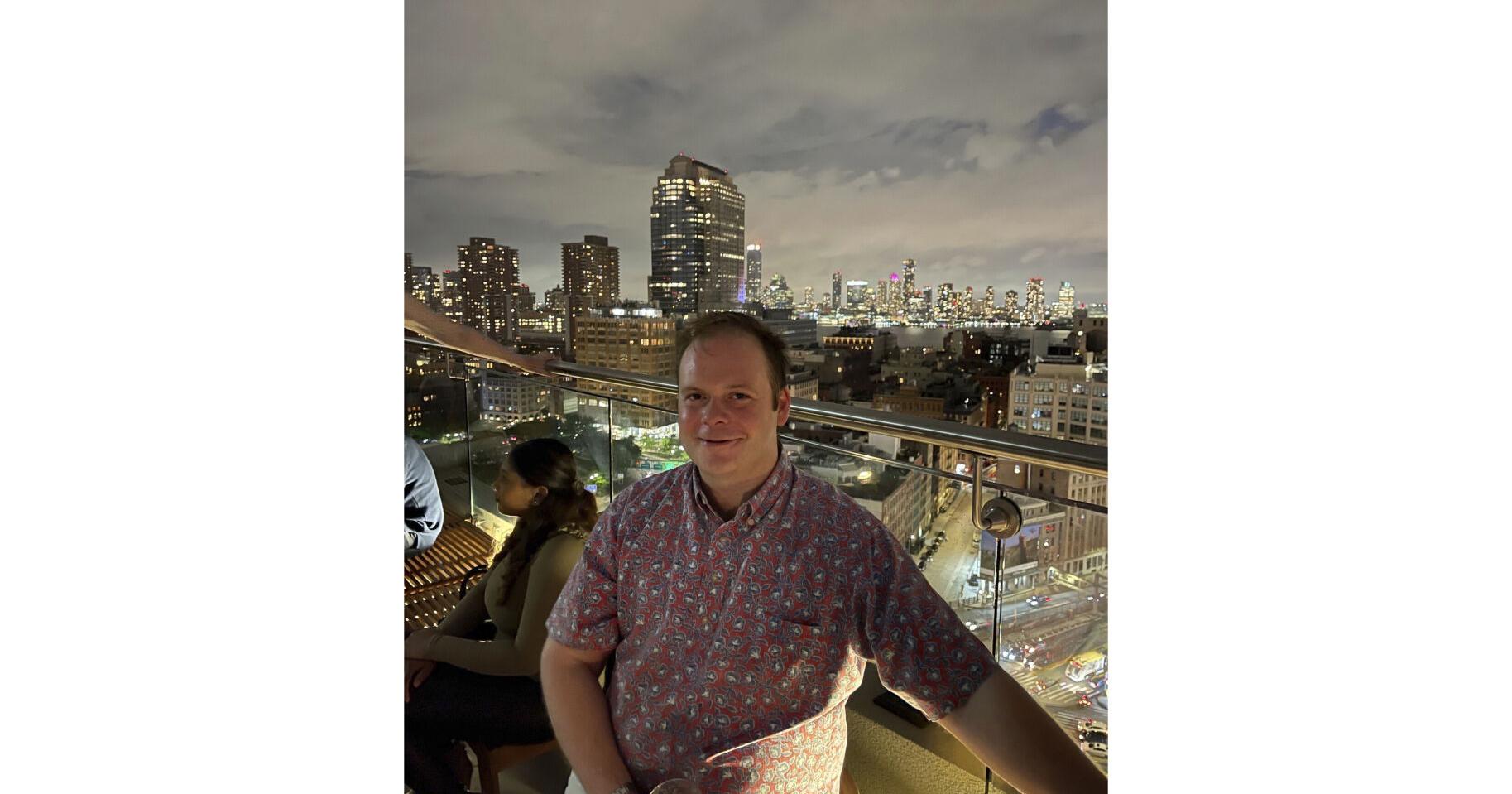
LGBTQ+ sports groups and sportspeople exist across the UK, and Neighbourhood Skate Club is one of them. Founded and ran by Lyndsay McLaren, the collective encourages womxn and other marginalized groups – e.g. non-binary people and queer people – to feel good in spaces that may feel like they weren’t built for them. GAY TIMES asks Lyndsay more about her project and the mission behind Neighbourhood. “It’s all about using the power of skateboarding to bring people together and creating a sense of confidence and community within skate culture,” she explains. Lyndsay, who has been an active skater and educator, hopes Neighbourhood can be one of the few grassroots clubs bringing communities together to create an inclusive shame-free space that celebrates individuality. “It’s not about tricks, it’s about the sense of self that you find through skating. Even though I can’t speak on behalf of the LGBTQ+ community, as an Ally, I want to help do what I can to facilitate a space to bring everyone together.”
Shannon Conway, 23, is a QPOC skater who has participated in workshops hosted by Neighbourhood Skate Club. We asked Shannon how she felt about the current inclusivity seen in major sporting events. “The Olympic Games and Team LGBTQ+ is a good example of setting a precedent moving forward in the sports arena. This year it had the most openly LGBTQ+ athletes competing, probably making it the queerest games ever,” she tells GAY TIMES. “We’ve come on inclusion in sports and society. I feel very optimistic for change so I do think LGBTQ+ representation is finally on the rise as long as we continue to make sports a welcoming environment for all those who wish to play.” While pleased with how the cultural conversation is continuing to move, Shannon hopes for greater scrutiny on the side of clubs, organisations and governing sporting bodies, and understandably so. “Sports organisations and clubs should have a zero-tolerance policy that prohibits discrimination on the basis of sexual orientation and gender identity,” she emphasises.
Sports organisations and clubs should have a zero-tolerance policy that prohibits discrimination on the basis of sexual orientation and gender identity.
The interconnection of visibility and progress is not lost on our audience, but it prompts the question of how can we safely platform LGBTQ+ athletes when there’s little to no regulation or education preventing constant LGBTQ+ criticism, harassment, or chants. As Pride corner flags continue to break news, it’s no surprise many can feel the movement towards proactive change is languishing.
Paula Griffin, 56, identifies as trans and says football aided them through their identity journey and, later, her transition. She has been involved in a local non-league football club, Dulwich Hamlet, for 30 years. She believes sport is becoming less unwelcoming and hostile to the community but stresses the need for further change. “[The] football stadia are still places they would feel unwelcome unless with a larger group of friends and allies. I do hope for change particularly with greater visibility for LGBTQ+ supporter groups even at the top echelons of Premiership football,” she explains. “It is not just enough now just to wear rainbow armbands or laces even if the message they send is getting stronger by the day in the face of ever-increasing hate directed at the whole LGBTQ+ community.”
Ross Mondon, 21, remains optimistic about the recent change implemented across clubs and audiences. “I believe we have seen a progression within inclusivity and LGBTQ+ friendly, especially within this past Olympics,” he tells GAY TIMES. “It was the highest amount of LGBTQ+ sportspeople attending this year. We’ve also seen a progression within other sports such as rugby, though, as a sport, it is slightly still behind football.” While welcoming the progress, Ross hopes to see sporting bodies take greater responsibility in their roles as influential figures in the industry. He notes sporting group organisations such as Homophobia, Kick it Out, Stonewall tackles homophobia, but “higher organisations such as FA, UEFA and FIFA don’t do enough.” He explains: “While we are seeing a change, I would like to see higher organisations put their foot out and actually say: ‘We aren’t part of this culture, and we do want to make a change.’”
The sporting world seems to be putting its best foot forward, but for many, change is not coming soon enough. As long as LGBTQ+ athletes face backlash and queer audiences have to sit through hurtful anti-LGBTQ+ chants, there’s scope for change. That said, we’ve seen glimpses of what can be. From the BBC publicly backing trans athletes to Lenya Bloom becoming Sports Illustrated’s first trans cover star — these are small victories showing we are heading the right way. Next, we’d like to see rainbow laces traded in for meaningful conversation at the top table and hope for industry bodies to shake up the system.







